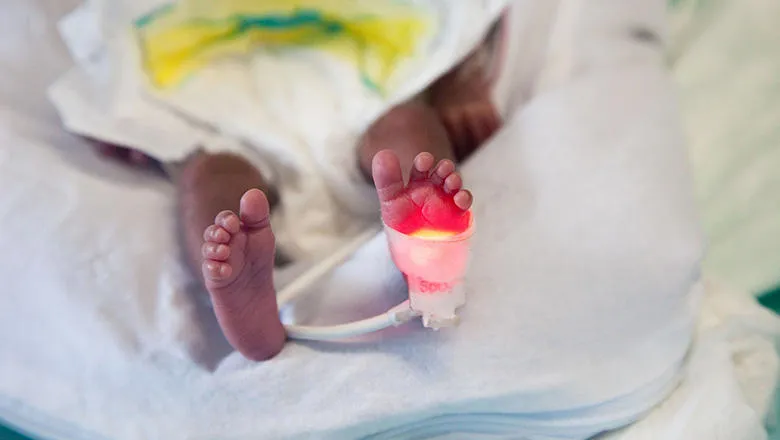This is a very exciting development with enormous potential to track the early life origins of disease in our South London population, and to develop effective strategies for prevention.
Professor Lucilla Poston, Principal Investigator of the study and Head of the School of Life Course Sciences
14 October 2020
Mother and baby data programme releases first findings
Initial findings from a programme investigating the associations between physical and mental health between mother and child have been published.

The Early Life Cross Linkage in Research Partnership, known as eLIXIR, was funded by the Medical Research Council (MRC) in 2017 with the aim to reduce the risk of health problems in mothers and children. The partnership has linked maternity, neonatal and mental health data across King’s Health Partners which includes King’s, Guys and St Thomas’ NHS Foundation Trust, King’s College Hospital NHS Foundation Trust and South London and Maudsley NHS Foundation Trust.
eLIXIR is the first database of this scale in the UK to combine maternal, infant and child health data into a single resource. This allows information of large numbers of mothers, babies, and children to be investigated to address interactions between physical and mental health from the earliest stages of life.
Early findings from the database, published in BMJ Open, show 10,207 women accessed antenatal care through GSTT or KCH maternity services. These women were born in more than 170 countries and most reported English as their primary language. The most common physical conditions experienced were gynaecological (14%), asthma (8%) and pre-existing diabetes (6%).
Twice as many women gave birth at Guys’ and St Thomas’ than King’s College Hospital with a mean gestational age at delivery of 38.8 weeks, and with 8% born prematurely and 3% born before 34 weeks’ gestation.
Of these women, 11.6% had a clinical record in secondary mental health services with 307 women actively being treated at the time of pregnancy.
Another aspect of the programme is the eLIXIR Research Tissue Bank. The biobank links routinely collected maternal and neonatal clinical data with biological samples. This can enable the identification of population trends and influences of new clinical interventions and will contribute to a better understanding of neonatal morbidity and mortality.
To date, a total of 1271 samples have been collected.
As the database develops, future plans include expansion to incorporate health and social care data.

